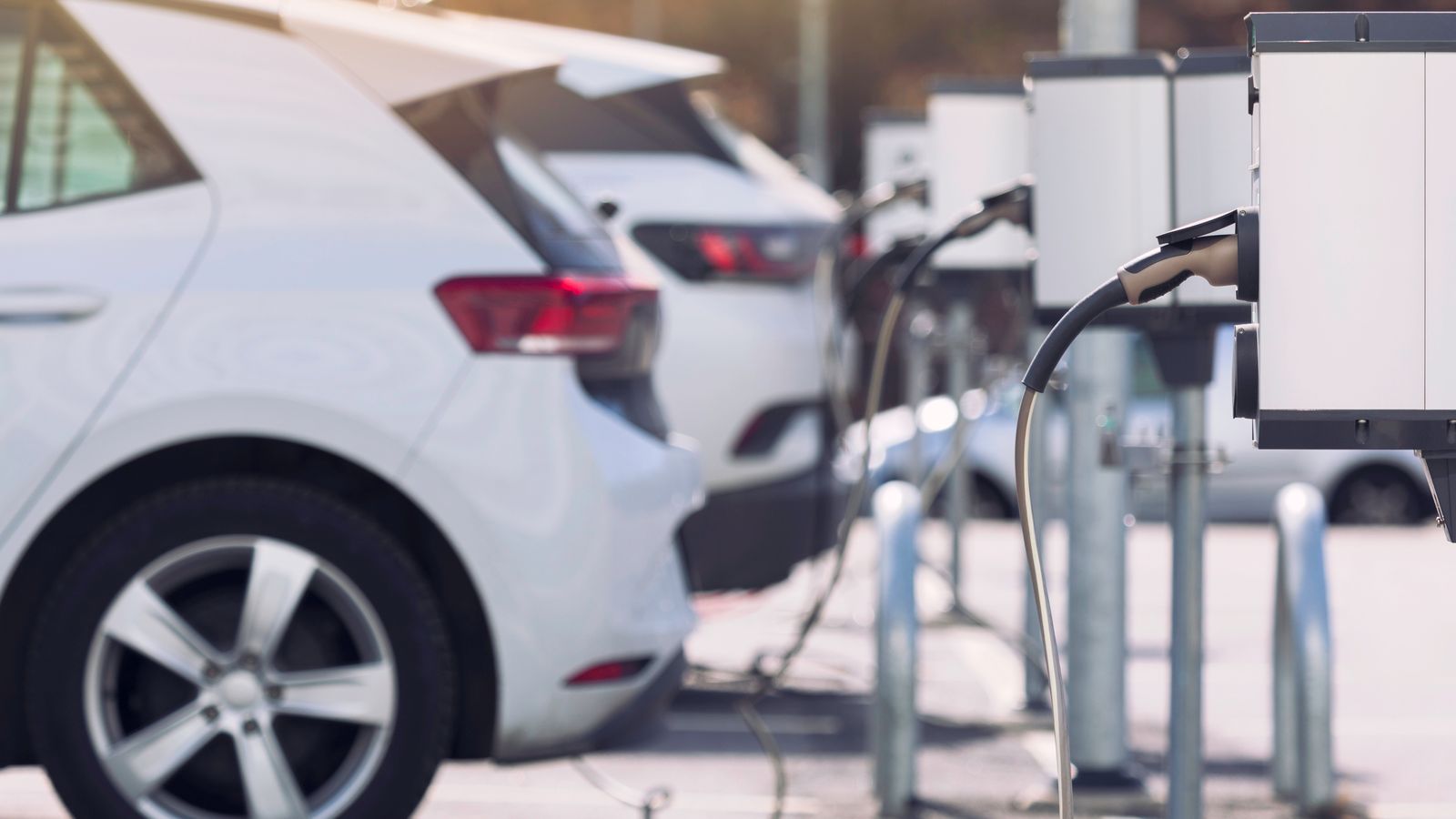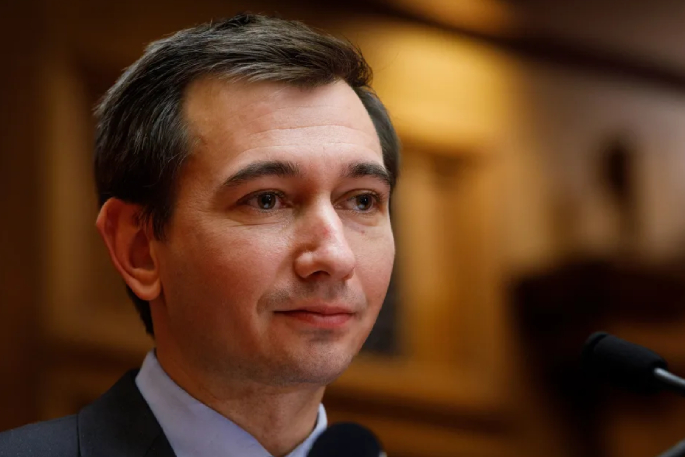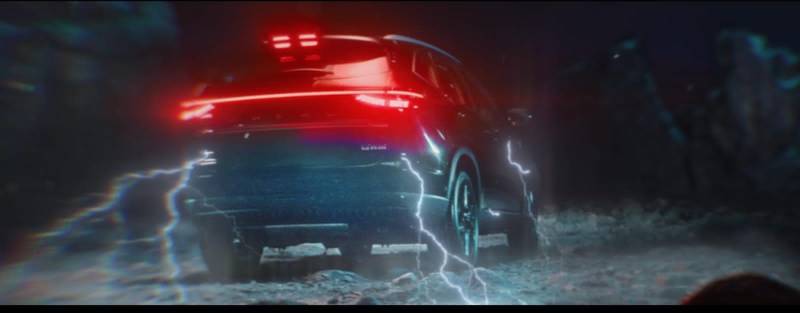Nevada’s Electric Highway: A Vision Stalled
In 2016, former Nevada Governor Brian Sandoval inaugurated the state’s first electric vehicle (EV) charging station, declaring Highway 95 as America’s first “Electric Highway.” However, despite growing EV popularity and improved technology, Nevada’s charging infrastructure remains limited. The state currently has just 2,155 charging ports across 600 stations, ranking low compared to other Western states. The lack of a cohesive plan for building charging stations has resulted in slow progress, leaving many rural areas underserved and EV drivers facing “range anxiety.”
EV Growth Outpacing Infrastructure
Since the launch of the Nevada Electric Highway, the number of EVs registered in the state has surged, with nearly 54,000 EVs on the road by 2023. However, this growth has not been matched by a sufficient expansion of charging infrastructure. Only one charging station exists for every 73 EVs in the state. Rural areas, in particular, face significant challenges, with some roads lacking charging stations for stretches of up to 250 miles.
The lack of a centralized plan has created a fragmented approach, involving NV Energy, the Nevada Department of Transportation (NDOT), and various federal and private entities. This disjointed effort has made it difficult to build the necessary infrastructure to support Nevada’s growing EV market.
NV Energy’s Electrification Plan Falters
In 2021, Nevada passed SB448, mandating NV Energy to accelerate the development of electric infrastructure, with a focus on underserved communities. NV Energy’s $100 million “Economic Recovery Transportation Electrification Plan” aimed to deploy nearly 2,000 chargers at 120 stations by 2024. However, with just three months remaining in the program, only three charging stations have been completed, with another 14 under construction—far short of the 120 planned.
Federal Funding Offers New Hope
Nevada has been awarded $38 million in federal funds through the National Electric Vehicle Infrastructure program, which aims to build 38 to 45 charging stations by 2027. NDOT, tasked with overseeing this project, is focusing on interstate and U.S. highway corridors but faces challenges in securing private partners to fund 20% of the station costs.
Future Outlook
Despite the slow buildout, officials are optimistic that Nevada’s electric highways will be more fully developed in the coming years. With a combination of federal funding and NV Energy’s ongoing electrification efforts, the state aims to close the gaps in its EV charging infrastructure. However, stakeholders emphasize the need for transparency and better planning to meet the growing demand for clean transportation solutions.
Source: apnews.com





